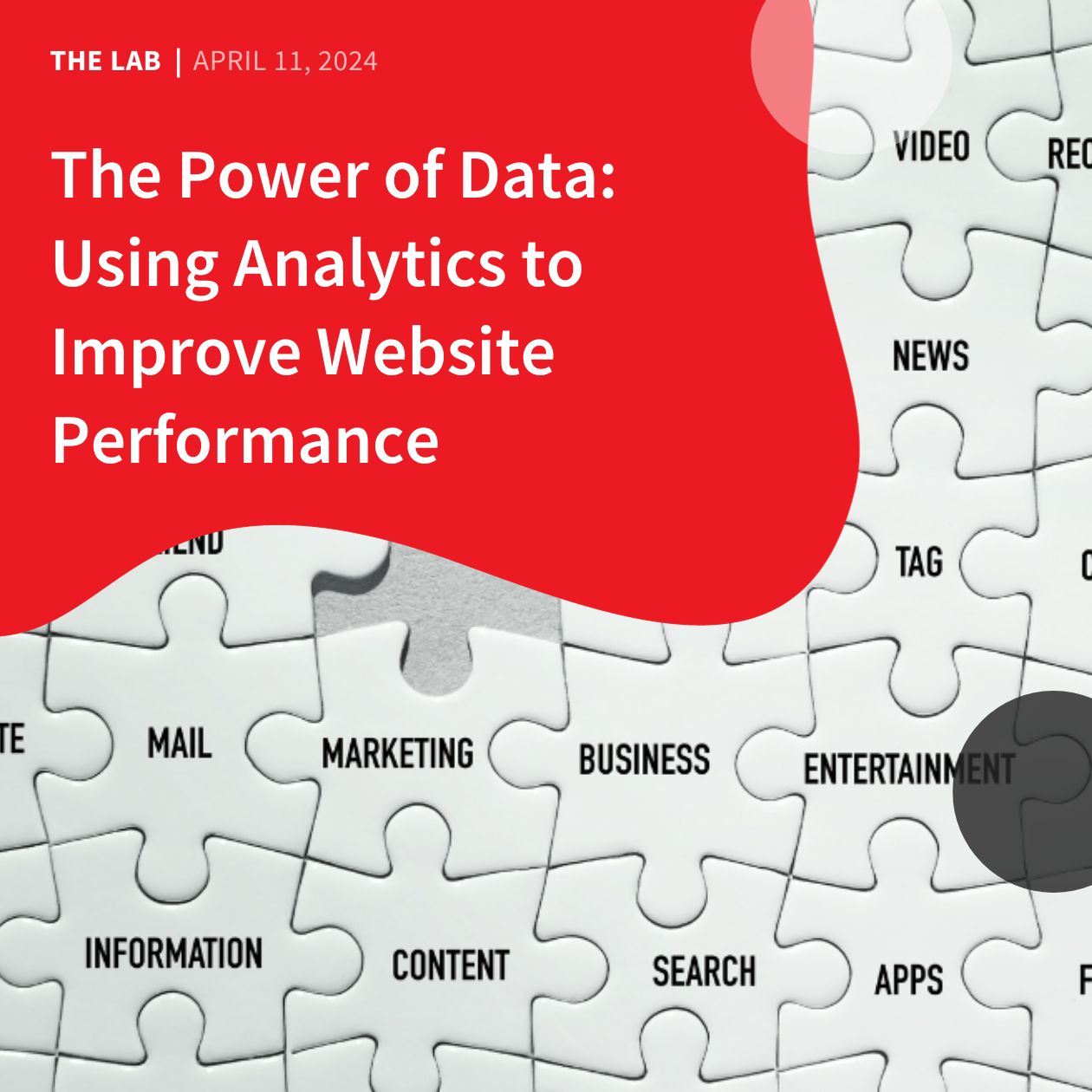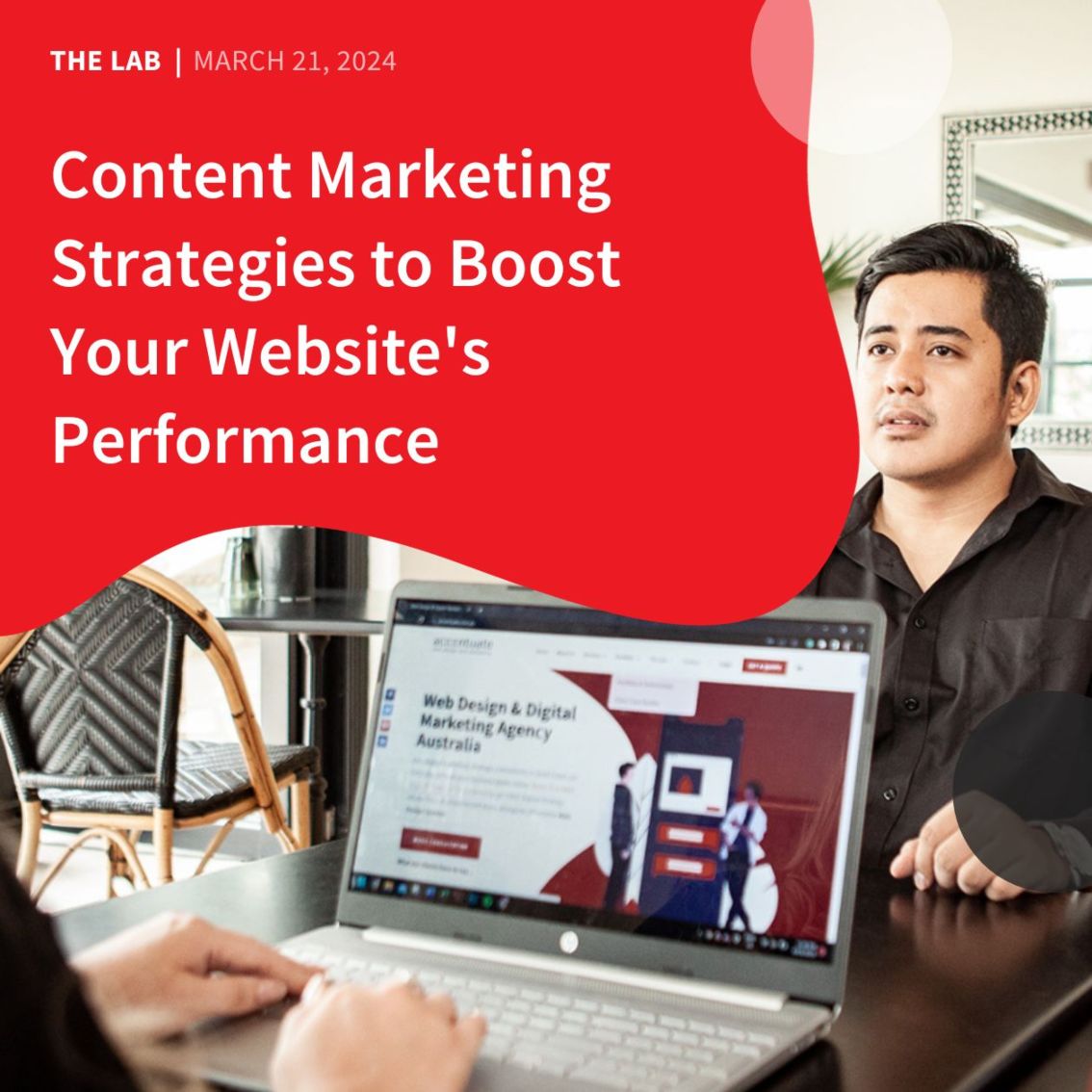This is going to show pretty much how old I am but… Do you remember the time when Dial-up internet was still a thing?
You can’t access the internet while someone is using your landline phone. Also, the speed compared to what we have now is tectonic in speed. Imagine waiting for pictures to load, line by line.
Videos? Good luck finding those on the internet during the ’90s.
Back then internet speed was in the Kbps now modern-day fibre internet going to speed up to the Gbps, about a million times faster.

Since almost everyone is connected online, it seems like Website speed is more important than ever. Not just because of your page visitors losing interest and going to a different website, but because even Google and other search engines grade your website’s performance.
Slow website loading speeds at the end of the day will cause websites to have lower conversion rates and lower page visits. Sure, your website might look beautiful, but if it takes me 15 seconds to see it, I’m sorry. A lot of visitors would bail by then.
Let’s break down the effects of website speed on a company’s site.
1. First Impressions
To a lot of your customers, your website is their first point of contact with your business. So if your website loads slowly, then that’s an instant turn-off for your visitor. “I ain’t got no time for that.” That’s the common catchphrase of our instant gratification-seeking generation. So if it takes time for your website to load then there is a high probability that your prospective customer would just say “Nope” press the back key and search for another page that can give them instant access to information that they desire.
Isn’t that a bad look for your business? A fast website gives your new visitors a good first impression. While a slow one will only frustrate them and to some of them, this bad first impression might be enough to drive them away. A bad first impression can be the last impression you give.
2. Google Rankings
Website Speed is a huge factor in Rankings, and it’s an even bigger deal with mobile rankings. Site speed is a sign of a quality user experience. That’s why it’s a huge ranking factor for sites, mobile or not. A fast website loading speed usually results in a better user experience, while it’s vice versa for slow sites. A typical user will spend more time in faster loading sites, the conversion rates would also be higher as well. This is why search engines use website speed as a factor for ranking.
Four seconds or less. That’s the acceptable loading time for a website. Of course, that varies depending on the site and the industry that business belongs to, but in general if your website loads in under 4 seconds then you are good. Anything over that, you will see decreasing rankings and a worse user experience.
Google, being the search engine behemoth that it is, knows the negative impact on user experience if it redirects to a site with slow loading speeds. It can reflect badly on them as well, so that’s why they give higher importance to page speed in the rankings.
3. Conversion Rates
The faster the website, the longer you can keep your visitors there. Numerous studies have shown that there is a direct correlation between High website speeds and an increase in conversion rates. Since site visitors prefer navigating a website with a faster speed, they will stay longer and peruse your site, thus increasing the chance for conversion.
4. Bounce Rates
These are the number of people who don’t navigate more than a page on a website before leaving it. When site speeds are low, there is an increased chance that a visitor would either close the browser window or go back to the search page when a site does not load in under 4 seconds, increasing bounce rates.
5. Factors Affecting Site Speed
- Weight: All the assets you have on your site have weight. All the pictures, text, effects, links, everything. The larger they are, the heavier your site becomes. This weight severely affects your site’s performance. It’s an undeniable fact the more stuff you put on your site the more things you have to load, the more you load, the longer your website’s loading time will be.
- Network: You’ve made your site feather-light. Trimmed the fat. Streamlined your code. But you are still experiencing performance issues. Then you might want to turn your attention to your network next. A slow network will increase your load times. Check your network equipment or your ISP as those can have a gigantic impact on your connectivity. There are techniques like magnification, a combination of files, which can reduce weight, compression, and hosting files using a CDN, which you can use to deliver your files even with a slow network connection.
- Hosting: Distance from your hosting site is a variable in your loading times as well. Data travels at the speed of light, that’s 671,000,000 miles per hour. It’s fast, but not instant. The farther your data has to travel, the longer it takes to reach the one who requested it.
Conclusion
In the age of smartphones, broadband, and high-speed wireless internet. Everyone is interconnected and the demand for data is ever-present, while the patience for that data is almost nonexistent. For a business website, it is paramount that your website’s speed is as fast as possible to be competitive with others on the internet.
To learn more about our Website and Hosting Practices, make sure to check out our Service Packages today.








